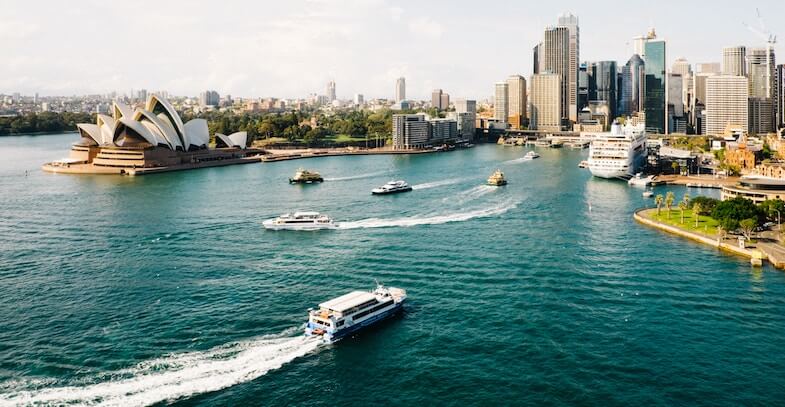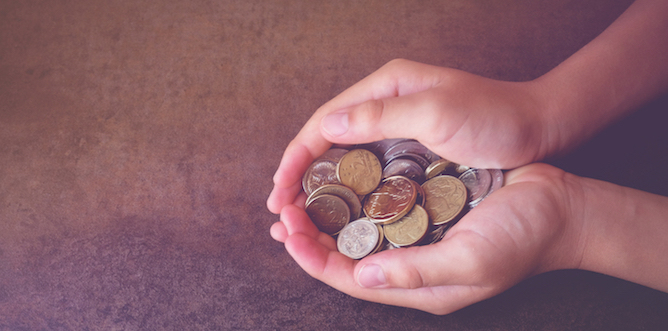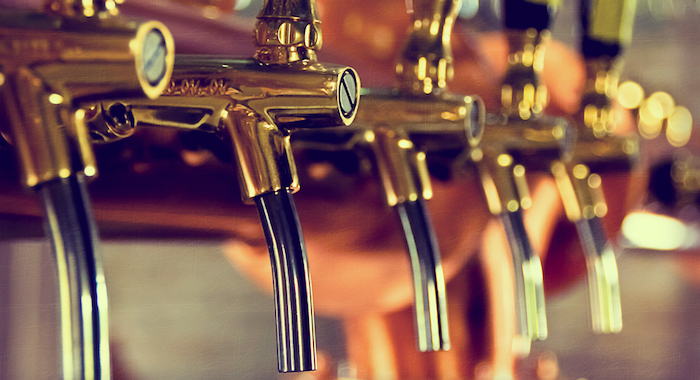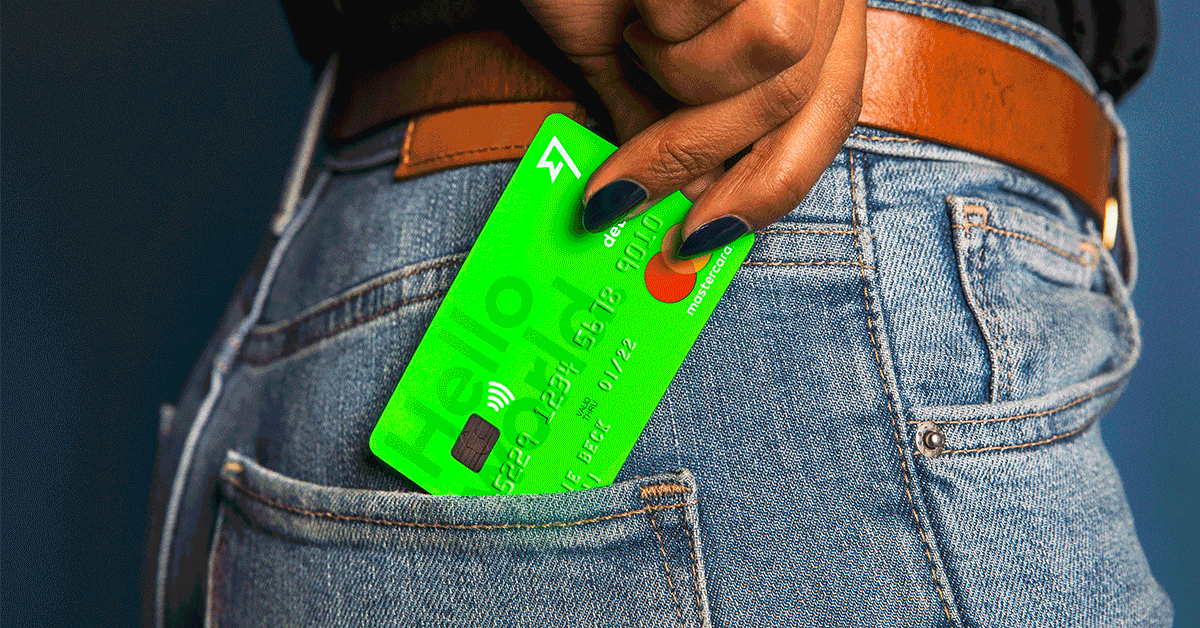How to avoid rip-off rates and costly cash
Are you planning a trip? Perhaps you've moved country, or about to? Don’t get stung by nasty fees and even nastier rates. Banks, brokers and PayPal are more...

Moved to Australia? You're not alone. In fact, about a third of Australia’s population was born overseas. Emma Lunn, journalist and fellow emigré to the land down under, guides you through the things you need to know.
Emma Lunn is a freelance journalist from London and is currently living in Sydney, Australia. She writes regularly for UK publications including The Guardian, The Daily Telegraph, The Mail on Sunday, Moneyweek and Moneywise.
It’s not hard to see why Australia’s so popular: the weather’s great, the beaches are amazing and Aussies (not Ozzies, only foreigners spell it like that) are known for being friendly and relaxed. What’s not to like?
But before you pack your bags for the big crazy island, it’s a good idea to know exactly what you’re getting into. Here are five tips on adjusting to life down under.
1. Know the rules

Australia might have a relaxed “no worries” reputation but it actually has a lot of rules.
On the plus side, all the rules make Australia a relatively safe place to live; but on the downside, it means you run the risk of getting fined for breaking various regulations.
Europeans might be shocked to discover helmets are compulsory if you ride a bike. It’s illegal to drink alcohol on the beach and most beaches ban dogs too.
Legally, you can only parallel park your car in the same direction as moving traffic on the same side of the road, and “jaywalking” (crossing a road when the pedestrian light is red) is an offence.
“There also seems to be an unofficial rule that everyone has to get up super early and exercise but, fortunately, there’s no law about this yet,” says Nick, a Brit who’s lived in Australia since 2015, “Most guys seem to have six-packs which can make average guys feel a bit inferior on the beach.”
2. Life’s a beach

Talking of the beach, Australia’s got about 47,000km of coastline and the beach is a big part of the country’s national identity.
The most popular beaches are patrolled by lifeguards (paid professionals) and surf lifesavers (trained volunteers). Surf clubs are a focal point for any beach community and most clubs run “nippers” clubs for children aged five and above to learn water safety and lifesaving skills.
Unfortunately, Australian beaches can be dangerous with about 300 people drowning each year. Make sure you swim between the flags and obey the lifeguards.
Even if you stick to the rules there are still jellyfish, sharks, stingers and, in the Northern Territory, crocodiles, to worry about.
3. Personal finance

Most newcomers to Australia open an account with one of the big four Australian banks: ANZ, National Australia Bank, Commbank and Westpac.
Property is expensive, especially in the big cities, and it’s perfectly normal to buy an investment property before buying a place to live in yourself.
Elaine is 35 and a teacher from Ireland who’s been living in Sydney for 10 years. “I can’t afford to buy here so I bought an investment property in Newcastle (two hours up the coast) instead,” she says, “I was keen to get my foot on the property ladder however I could.”
If you need to transfer funds from your home country to your Australian bank account, you can save money with Wise, which offers great rates and low fees compared to those typically offered by banks.
4. Lockout laws

Fancy a late night drink? Think again. Different states, cities, suburbs and establishments in Australia have differing laws concerning times when alcohol can be sold.
So-called “lockout laws” were introduced to crack down on alcohol-fuelled violence. In Sydney, for example, you’ll struggle to get served shots after 12am, gain entry into a new venue after 1am, or be served alcohol anywhere after 3am.
“Most pubs have bouncers who will kick people out the moment they look like they’ve had too much to drink,” says Kate, an expat from Germany, “But the rules have generally made going out safer.”
Assuming you get served, draft beers are served in schooners, middys or pots depending on which state you’re in. You can also buy jugs for sharing.
5. The lingo

If you’re an expat living in Australia, it’s a shrewd move to learn some of the local slang. As a general rule, Aussies (not Ozzies, remember) shorten as many words as possible.
“I’m going for some avo at the bowlo by the servo this arvo” translates to “I’m going for some avocado at the bowling club by the service station this afternoon”. You’ll hear “avo” a lot – avocado on toast is the Aussie hipster’s favourite brekkie (breakfast).
Other Aussie slang is a lot harder to fathom. You’d need to “have a few kangaroos loose in the top paddock” (be a bit stupid) to “cut another man’s grass” (chat up his girlfriend or wife).
Send money internationally for less
Sending money to other countries often comes with high fees, especially if you use your bank.
One way to circumvent this is by using Wise. It’s quick to set up, the transfer is typically complete in a fraction of the time it takes with a bank, and it’s much cheaper.
Sign up for your free account to see how much you could save.
*Please see terms of use and product availability for your region or visit Wise fees and pricing for the most up to date pricing and fee information.
This publication is provided for general information purposes and does not constitute legal, tax or other professional advice from Wise Payments Limited or its subsidiaries and its affiliates, and it is not intended as a substitute for obtaining advice from a financial advisor or any other professional.
We make no representations, warranties or guarantees, whether expressed or implied, that the content in the publication is accurate, complete or up to date.

Are you planning a trip? Perhaps you've moved country, or about to? Don’t get stung by nasty fees and even nastier rates. Banks, brokers and PayPal are more...

Are you planning a trip? Perhaps you've moved country, or about to? Don’t get stung by nasty fees and even nastier rates. Banks, brokers and PayPal are more...

Wise เป็นอีกทางเลือกหนึ่ง ให้คุณโอนเงินระหว่างประเทศด้วยวิธีการที่ง่าย และ ช่วยคุณประหยัดค่าใช้จ่ายในการโอน

If you’re a small business in Australia that operates overseas, Wise could save you a lot of time and money when you pay invoices in foreign...

If you’re a freelancer living in Australia with clients overseas, Wise could save you a lot of money when you get paid, compared to your bank or...

Még mindig bankot vagy egy brókert használsz ahhoz, hogy pénzt küldj Magyarországra? Ennek mostmár ügyesebb, olcsóbb módja is van.Ha ausztrál dollárt küldesz...